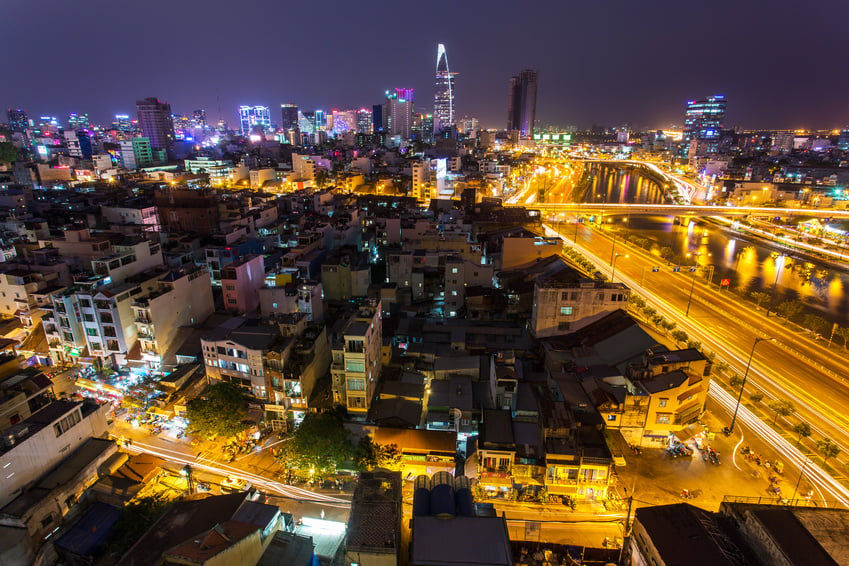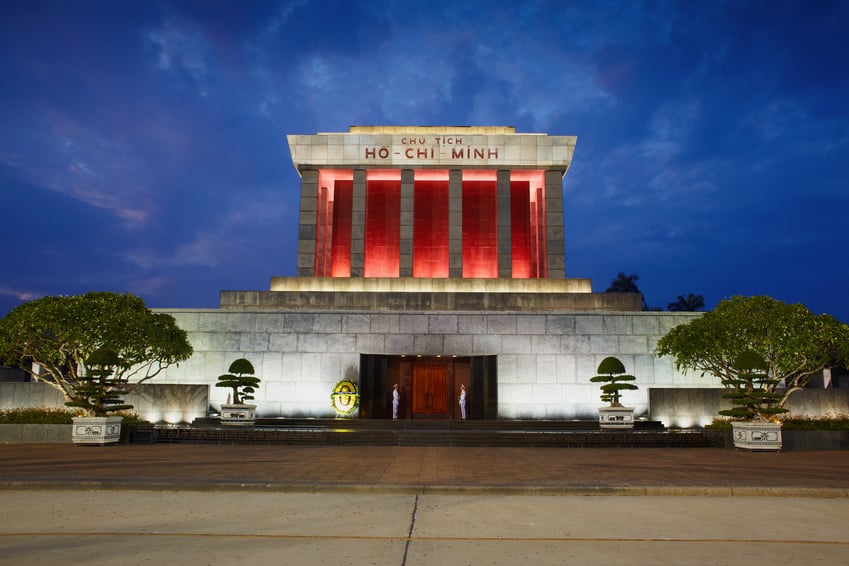In brief On 19 March 2021, the Government issued Decree No. 21/2021/ND-CP on implementing the provisions of the Civil Code on securing performance of obligations (“Decree 21”). “Civil Code” here refers to Civil Code No. 91/2015/QH13 adopted on 24 November 2015 by the National Assembly. Decree 21 will take effect…
On 9 March 2021, the Prime Minister issued Decision No. 316/QD-TTg, which takes immediate effect, to allow a pilot program for mobile money service (MMS), under which telecommunication accounts can be used to make payment for small value transactions. The pilot program will run for two years from the first enterprise being approved to pilot the MMS, and the result of the pilot program will be used by regulators to design concrete legislation.
The MMS pilot program is designed to encourage financial inclusion and promote a cashless society, and rural, mountainous and remote areas will be prioritized for implementation. MMS can only be provided for payment of legal domestic transactions in Vietnamese dong, and payment for goods and services provided on a cross-border basis is not allowed.
Financial technology, or fintech, has been transforming a wide range of financial services, receiving warm- welcomes by a fast growing number of adopters and attracting hundreds of billions of USD in global investment value in recent years. As at 30 September 2019, from only 0.4% in 2018, Vietnam rose to rank second in ASEAN in terms of fintech funding, attracting 36% of the regional investment, second only to Singapore with 51%. However, the financial areas transformed by fintech are quite limited, with 98% of the funding concentrated in the payment sector and 1% in blockchain tech related, according to a joint report by United Overseas Bank (UOB), PricewaterhouseCoopers (PwC) and (Singapore FinTech Association) SFA. Vietnam is still considered as having limited fintech activities and remains an unlikely home base of choice for fintech firms. One of the factors largely impacting the local fintech growth include an unprepared regulatory framework where regulations mostly evolve around fintech in the payment industry.


